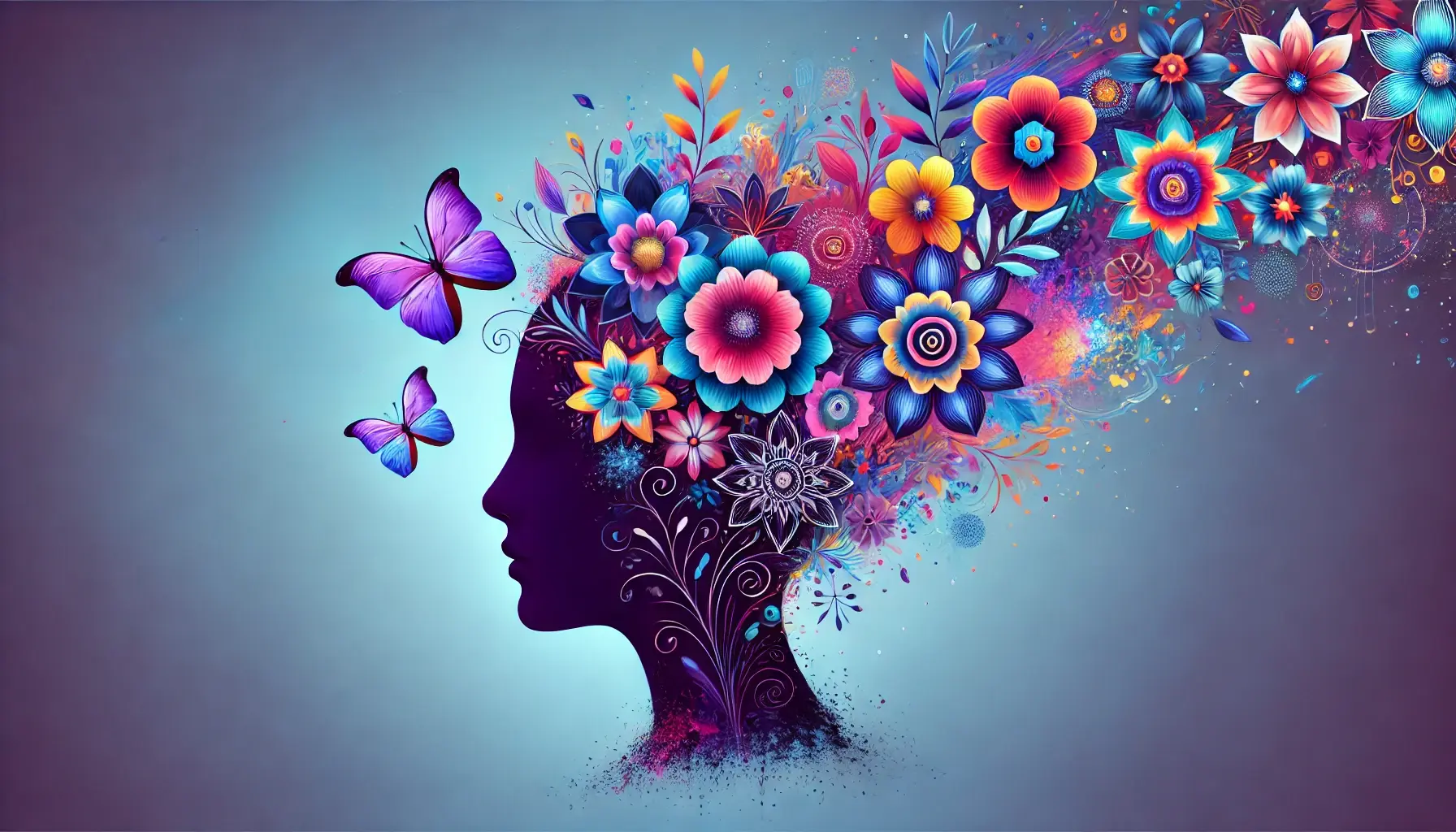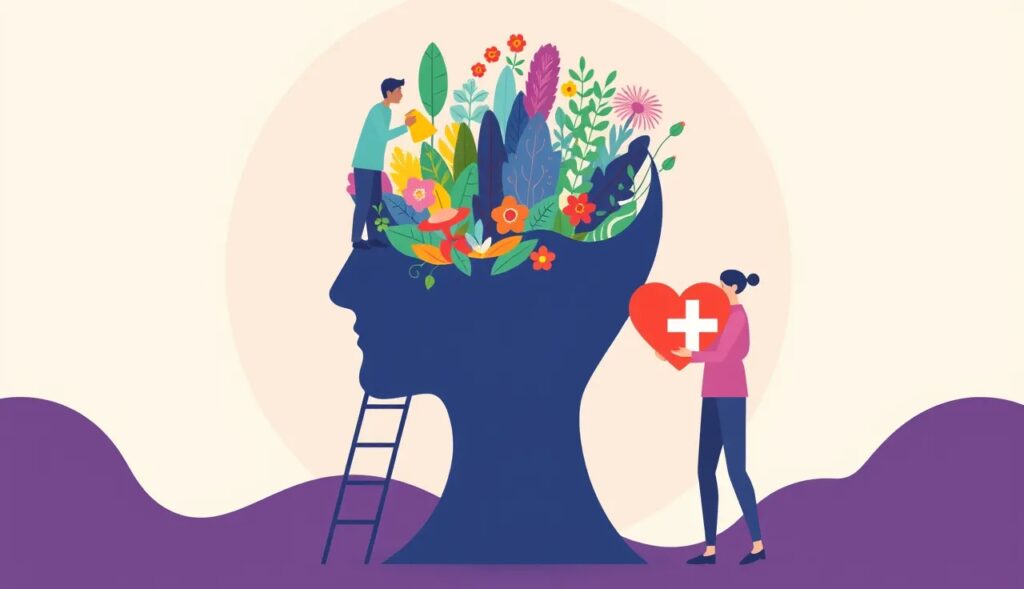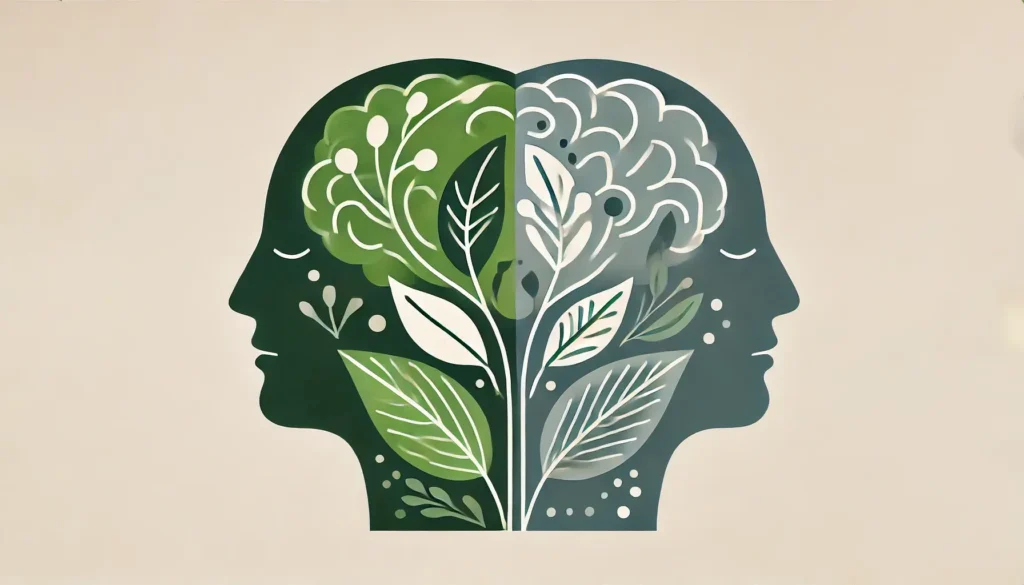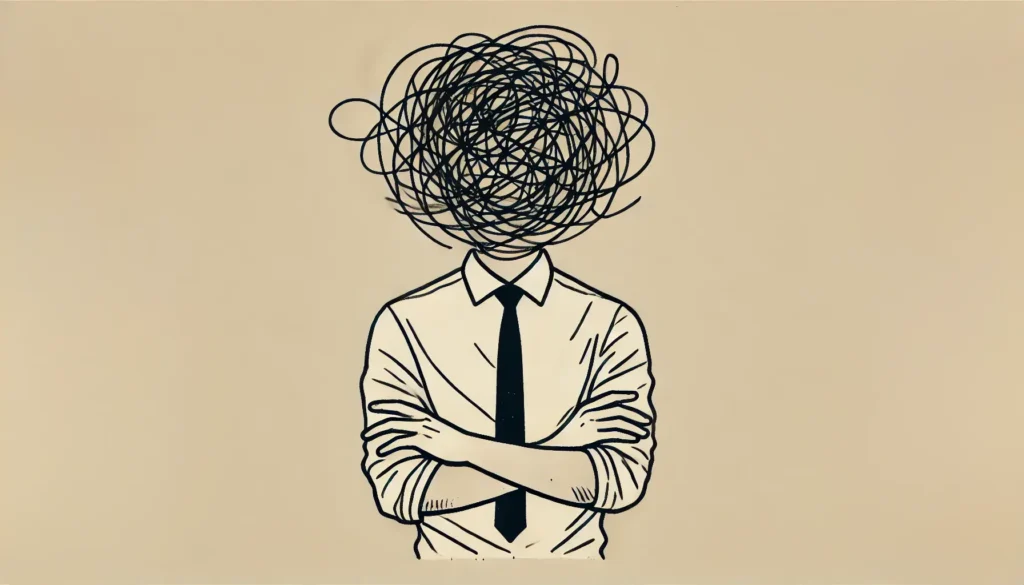
Mental health care is undergoing a technological transformation. AI-powered chatbots and digital therapists are emerging as accessible, scalable solutions to address mental health challenges.
Here’s a deep dive into how these technologies are reshaping the landscape of mental health support.
The Growing Role of AI in Mental Health
Addressing the Mental Health Crisis
The global mental health crisis has left millions without adequate care due to limited access to professionals, stigma, or cost barriers. AI offers a solution by delivering on-demand support, making mental health resources more inclusive.
Digital platforms powered by AI can provide immediate assistance during crises, helping bridge the gap for those waiting to see a therapist or in regions with few mental health professionals.
Increasing Accessibility with AI Chatbots
AI chatbots like Woebot and Wysa are designed to offer emotional support and mental health guidance through text-based interactions. These tools are available 24/7, offering an alternative for individuals who might hesitate to seek in-person help.
For example, users can express their feelings to a chatbot, which responds with empathetic dialogue or cognitive behavioral therapy (CBT) techniques. This creates a safe, judgment-free space for self-expression.
Revolutionizing Therapy with Digital Therapists
Unlike chatbots, digital therapists use advanced algorithms and natural language processing to provide personalized therapy plans. They can simulate real human interactions and adapt to users’ unique needs over time.
Tools like Ellie, developed by the USC Institute for Creative Technologies, analyze nonverbal cues such as tone and facial expressions to offer deeper emotional insights.
How AI-Powered Tools Work

Natural Language Processing in Chatbots
Chatbots rely on natural language processing (NLP) to understand user input and generate meaningful responses. Through conversational AI, they mimic human-like interactions while identifying patterns in users’ emotional states.
For example, if a user mentions feeling overwhelmed, the chatbot might suggest relaxation techniques, grounding exercises, or helpful resources.
Machine Learning for Personalization
Digital therapists use machine learning algorithms to adapt over time. By analyzing data from past sessions, they refine their understanding of a user’s mental health and offer increasingly relevant strategies.
This personalization enhances user engagement and ensures the therapy experience feels tailored and effective.
Integrating AI with Traditional Therapy
Rather than replacing human therapists, AI tools often complement traditional methods. Therapists use insights from AI platforms to better understand their clients’ emotional states between sessions, enabling more focused and productive in-person therapy.
Applications of AI in Mental Health
Crisis Intervention
AI chatbots are particularly effective during mental health crises, providing immediate support to users experiencing anxiety, depression, or suicidal ideation. They guide users through calming exercises or connect them to emergency services if needed.
For example, an individual feeling isolated late at night can use a chatbot for grounding techniques, potentially avoiding escalation.

Stress and Anxiety Management
Through interactive exercises like journaling prompts or guided mindfulness, AI tools help users manage daily stressors and anxiety. They also track progress, offering insights into patterns and triggers over time.
Support for Specific Conditions
Many AI tools are tailored for specific mental health conditions such as:
- Depression: CBT-based chatbots help reframe negative thoughts.
- PTSD: Digital therapists provide trauma-sensitive interventions.
- Social Anxiety: Simulated conversations allow users to practice social interactions in a low-pressure environment.
Challenges of AI in Mental Health

Ensuring Accuracy and Effectiveness
One of the biggest challenges is ensuring AI tools provide accurate and reliable support. Unlike human therapists, chatbots and digital therapists rely on programmed algorithms that may not always fully understand nuanced emotions or complex mental health situations.
For example, a chatbot might misinterpret sarcasm or fail to recognize subtle signs of severe distress, which could lead to inappropriate or insufficient responses. Developers must continuously refine these systems using diverse and representative datasets to minimize errors.
Limitations in Crisis Situations
While chatbots can offer immediate support, they may fall short during extreme mental health crises, such as suicidal ideation. These situations often require human empathy and nuanced judgment, which AI lacks.
Platforms must integrate features that escalate users in critical situations to trained professionals or emergency services, ensuring safety and support beyond AI’s capabilities.
Data Privacy and Security Concerns
AI mental health tools collect sensitive information, making data privacy a major concern. Users must feel confident that their conversations and personal data are securely stored and not shared without consent.
Developers must comply with data protection laws like GDPR and HIPAA, while implementing robust encryption and anonymization practices to protect user confidentiality.
Avoiding Over-Reliance on AI
While AI tools are convenient, there’s a risk of users becoming overly reliant on them, neglecting the need for human interaction and comprehensive care. This can lead to gaps in treatment if users forgo traditional therapy in favor of self-guided AI platforms.
Ethical Considerations in AI-Powered Therapy
Addressing Bias in AI Models
AI algorithms are only as good as the data used to train them. If training datasets are not representative, AI tools may reflect biases, offering suboptimal support to certain populations.
For instance, cultural or linguistic nuances might be misunderstood, leading to ineffective or inappropriate advice. Developers must prioritize diversity in training datasets to ensure inclusivity and fairness.
Transparency in AI Functionality
Users need to understand how AI tools work, including their limitations. Transparent communication about whether they’re interacting with a chatbot versus a human therapist helps set realistic expectations and build trust.
For example, platforms should clearly state that responses are generated by algorithms and not guided by human intervention.
The Human Element in Therapy
Mental health care often requires empathy, intuition, and deep personal connection, qualities that AI cannot replicate. It’s essential to strike a balance where AI enhances care without diminishing the value of human therapists.
Regulation and Accountability
Clear regulations are needed to govern AI mental health tools, ensuring they meet clinical standards and ethical guidelines. Developers and providers should be held accountable for the safety and effectiveness of their platforms.
Practical Benefits and Real-World Success Stories

Widespread Adoption Across Demographics
AI mental health tools have gained traction among diverse user groups, particularly:
- Younger generations comfortable with digital communication.
- Rural populations lacking access to in-person therapy.
- High-stress professions where immediate support is invaluable, such as healthcare and emergency services.
Success Stories from Leading Platforms
- Woebot: Reported improvements in users’ mood and stress levels through CBT-based chatbot interactions.
- Replika: Offers emotional companionship and coping strategies for loneliness, gaining popularity during the COVID-19 pandemic.
- Ellie: Used in research studies to detect depression and PTSD symptoms with high accuracy by analyzing speech and facial expressions.
These examples highlight how AI tools are filling critical gaps in mental health care.
The Future of AI in Mental Health
Bridging the Gap Between Technology and Human Care
As AI technologies evolve, the future of mental health care will focus on hybrid approaches. AI tools will increasingly complement human therapists, offering scalable solutions while ensuring the empathy and judgment that only humans can provide.
For instance, therapists might use AI-generated insights—like mood trends or stress patterns—to personalize treatment plans, making therapy sessions more effective and time-efficient.
Expanding Accessibility Worldwide
AI-powered tools are expected to play a significant role in addressing the global mental health care gap, particularly in underserved regions. With advancements in multilingual NLP models, chatbots can support users in diverse languages, making mental health care more inclusive.
For example, localized AI chatbots tailored to cultural contexts could assist populations in remote areas, where professional mental health services are scarce.
Enhancing AI with Emotional Intelligence
The next generation of AI tools aims to incorporate emotional intelligence, enabling more empathetic and nuanced interactions. By analyzing tone, sentiment, and context, future chatbots and digital therapists will provide responses that feel increasingly human.
For instance, an AI therapist might recognize sadness not only through words but also from voice tremors or slowed speech patterns in audio inputs.
Innovations on the Horizon
Emerging technologies are set to redefine AI in mental health, including:
- Wearables and IoT Integration: Devices that monitor physical signs of stress (e.g., heart rate, sleep patterns) and sync data with AI mental health platforms.
- Virtual Reality (VR) Therapy: Immersive VR environments combined with AI-driven guidance for exposure therapy and stress reduction.
- Real-Time AI Analysis: Continuous monitoring for early warning signs of mental health conditions, enabling proactive intervention.
Practical Tips for Using AI Mental Health Tools
Choose the Right Tool
Select a platform that aligns with your needs. If you’re seeking casual emotional support, a chatbot like Wysa may be sufficient. For more structured therapy, explore digital platforms offering CBT or trauma-focused interventions.
Combine AI with Professional Therapy
Use AI tools as supplements, not substitutes. Share insights from your chatbot interactions with your therapist to enhance in-person sessions.
For example, you could discuss weekly mood trends tracked by a chatbot, helping your therapist identify patterns or triggers.
Prioritize Privacy and Security
Before using an AI mental health app, ensure it complies with privacy standards like HIPAA or GDPR. Read the platform’s data policies and avoid sharing highly sensitive information unless you trust the service.
Set Realistic Expectations
AI tools are helpful for emotional support, stress management, and skill-building. However, they are not designed to address severe or complex mental health conditions independently. Always seek professional help when needed.
Conclusion: The Human-AI Collaboration
AI chatbots and digital therapists are not replacing human care—they’re enhancing it. By offering immediate, accessible, and personalized support, they’re breaking down barriers in mental health care.
As technology evolves, the integration of AI tools with human expertise will pave the way for a future where mental health resources are available to everyone, everywhere. Whether you’re exploring these tools for the first time or seeking ways to complement your existing care, the rise of AI in mental health marks a promising step toward a healthier, more connected world.
FAQs
Can AI mental health tools help during a crisis?
AI chatbots can offer immediate support in crises by calming users through guided interventions, such as grounding exercises. However, they are not a substitute for human intervention during severe crises like suicidal ideation.
For example, when a user expresses extreme distress, platforms like Crisis Text Line integrate AI to detect urgency and escalate the situation to trained professionals for appropriate care.
How do digital therapists personalize therapy?
Digital therapists use machine learning algorithms to analyze user inputs over time, identifying patterns in emotions, triggers, or behaviors. This data helps create personalized therapy plans tailored to individual needs.
For example, an AI therapist might recognize recurring mentions of workplace stress and suggest stress management strategies or role-playing exercises to improve workplace interactions.
Is my data safe when using AI mental health tools?
Most reputable AI mental health platforms prioritize data security and comply with regulations like HIPAA or GDPR. They often use encryption and anonymization to protect sensitive user data.
For example, platforms like BetterHelp and Talkspace provide transparency about how they handle data and allow users to control what information is shared with therapists or stored in the system.
Are these tools effective for specific mental health conditions?
AI tools are particularly effective for managing common conditions like anxiety, depression, and social anxiety through structured techniques like CBT. However, they are less suited for severe mental health conditions, such as psychosis or complex PTSD.
For instance, a person with social anxiety could use a chatbot to practice conversations in a simulated, low-pressure environment before facing real-life scenarios.
Can these tools be used alongside traditional therapy?
Absolutely! AI tools are often used to complement therapy, helping users track their emotions or practice techniques between sessions. Sharing these insights with a therapist can lead to more productive in-person sessions.
For example, an app tracking weekly mood patterns might reveal recurring stressors, giving therapists deeper insights into a patient’s experiences and progress.
What are the limitations of AI in mental health care?
AI tools lack the emotional depth and intuition of human therapists. They may misinterpret sarcasm, cultural nuances, or complex emotions, potentially leading to ineffective responses.
For example, a chatbot might offer a generic relaxation exercise to someone feeling deeply hopeless, failing to address the underlying emotional needs adequately.
Can AI tools improve access to mental health care?
Yes, AI-powered tools are making mental health support more accessible and affordable, particularly in underserved areas. With multilingual capabilities and 24/7 availability, these tools help users overcome geographical and financial barriers.
For instance, in rural areas with limited therapists, a chatbot like Replika can provide companionship and emotional support until professional care becomes available.
Resources
Leading Platforms and Tools
- Woebot Health: AI Chatbot for CBT
Explore how Woebot uses conversational AI to support mental health through CBT techniques. - Wysa: AI-Based Emotional Support
A chatbot offering stress management, mindfulness exercises, and self-help resources. - Ellie by ICT: Digital Therapist Research
Learn about Ellie, an AI digital therapist that analyzes verbal and nonverbal cues.
Educational Platforms
- Coursera: Digital Mental Health
Online courses on the intersection of mental health and digital tools, offered by universities like Stanford. - edX: AI and Health Care
Learn about AI’s role in health care, including its applications for mental health. - MindTools: Self-Help Resources
Accessible exercises and insights to complement AI-based mental health support.